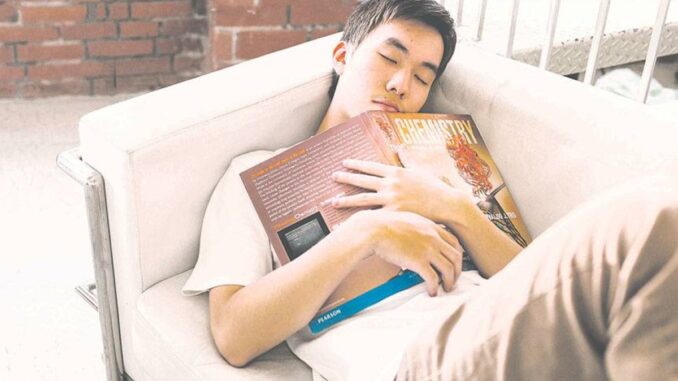
THE Philippines ranked third among countries with the worst sleeping habits, an Australian bed company revealed.
A study by Onebed showed that the country averaged 6.13 hours of sleep per night and had the highest noise pollution level at 55.60. It also has an Air Quality Index of 31 and a stress level of 7.30.
It also showed that the country’s Google search volume for the topic of sleep deprivation is at 156,250, while 43,100 searched for The country’s composite score in the index is 0.879, behind the United States of America in second place (0.951) and Australia, which topped the list (0.987).
“The Philippines ranks third, marked by a composite score of 0.87. The country suffers from the highest levels of noise pollution at 55.60 and stress among the top 10, severely affecting sleep quality. The average sleep duration in the Philippines is 6.13 hours per night, and the high number of sleep-related Google searches shows that people are still struggling with sleep problems,” Onebed’s survey said.
Meanwhile, the United Kingdom, which placed fourth with a composite score of 0.837, despite a “relatively moderate” noise pollution level of 46.24, a stress level of 5 and an average sleep duration of 6.8 hours per night, faced “significant sleep issues,” which had 220,000 British people searching on Google on topics on sleep deprivation and insomnia,
Fifth-placed Mexico (0.815) had the worst air quality, with an index of 103, which “significantly” hurt sleep quality.
South Korea, which came eighth with a composite score of 0.783, has the highest stress levels among the top 10 countries, with a score of 8.02.
Onebed’s study analyzed “various data points worldwide to determine which countries have the most challenging sleep environments.”
Among the factors they considered were average hours of sleep per night, air quality index, noise pollution levels, stress levels, and frequency of Google searches for “sleep deprivation” and “insomnia remedies.”





Be the first to comment